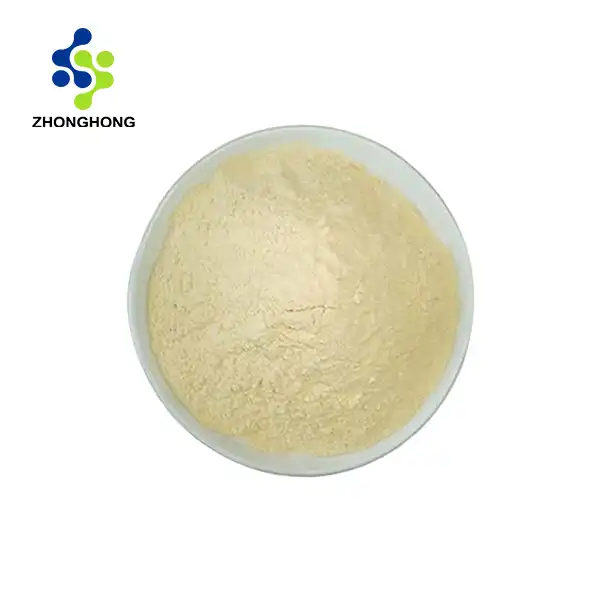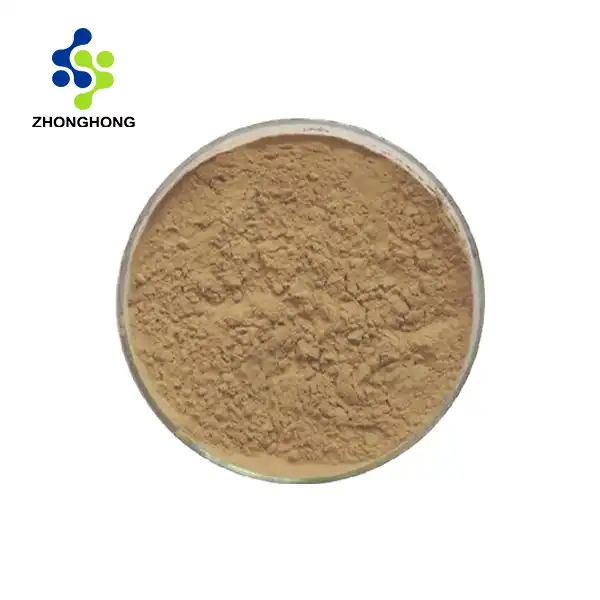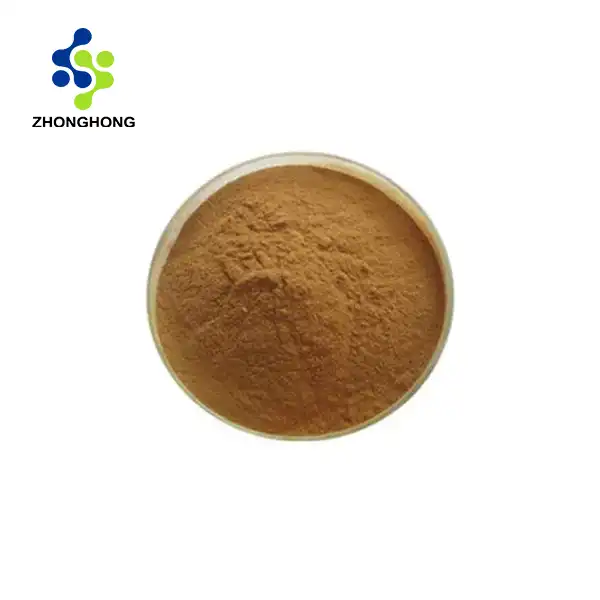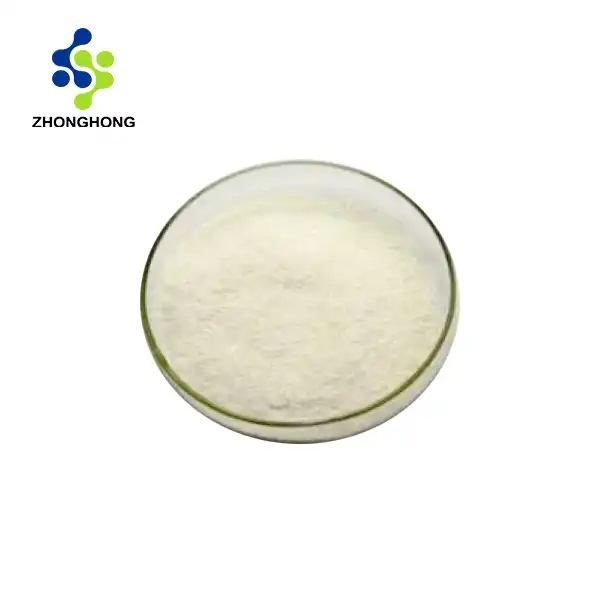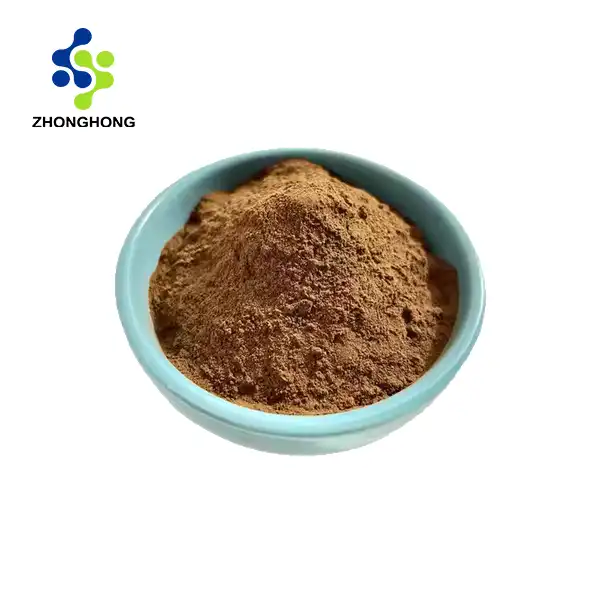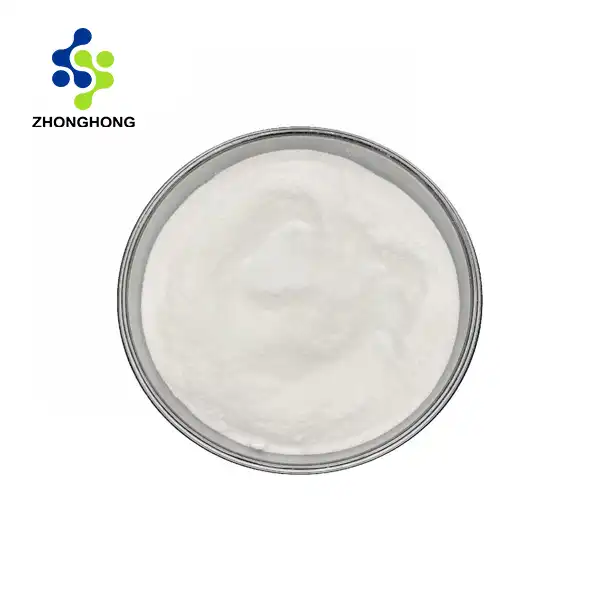What Are Collagen Peptides and How Do They Work?
The Building Blocks of Collagen
Collagen is the most abundant protein in the human body, forming the structural foundation for skin, bones, and connective tissues. Collagen peptides are smaller, more easily absorbed fragments of collagen proteins. These peptides are created through a process called hydrolysis, which breaks down larger collagen molecules into shorter chains of amino acids. This process enhances their bioavailability, allowing for more efficient absorption in the digestive system.
Bioavailability and Absorption
The key to the effectiveness of collagen peptide supplements lies in their enhanced bioavailability. Unlike intact collagen proteins, which are too large for efficient absorption, collagen peptides can be readily absorbed through the intestinal barrier. Once in the bloodstream, these peptides can travel to various tissues throughout the body, where they may stimulate collagen production and support cellular functions.
Mechanisms of Action
Collagen peptides work through several mechanisms to support health and wellness. They provide the body with essential amino acids necessary for collagen synthesis, particularly glycine, proline, and hydroxyproline. Additionally, research suggests that collagen peptides may act as signaling molecules, triggering fibroblasts to produce more collagen and other extracellular matrix components. This dual action of providing building blocks and stimulating production may contribute to the observed benefits of collagen supplementation.
Why Collagen Peptides Are a Must for Joint Health?
Supporting Cartilage Integrity
Joints rely on healthy cartilage to function smoothly and painlessly. Collagen peptide supplementation has shown promising results in supporting cartilage integrity. Studies indicate that collagen peptides may stimulate chondrocytes, the cells responsible for producing cartilage, to synthesize new collagen and proteoglycans. This increased production can help maintain the structural integrity of joint cartilage, potentially reducing the risk of degenerative joint conditions.
Reducing Joint Pain and Inflammation
One of the most compelling reasons to consider collagen peptides for joint health is their potential to alleviate joint pain and inflammation. Clinical trials have demonstrated that individuals with osteoarthritis who supplemented with collagen peptides experienced significant reductions in joint pain and improvements in mobility. The anti-inflammatory properties of certain collagen peptides may contribute to this effect, helping to modulate the inflammatory response in joint tissues.
Enhancing Joint Flexibility and Function
Beyond pain relief, collagen peptides may contribute to enhanced joint flexibility and overall function. By supporting the structural components of joints and potentially improving synovial fluid composition, collagen supplementation could lead to smoother joint movement and increased range of motion. This is particularly beneficial for athletes and active individuals looking to maintain joint health and prevent exercise-related joint discomfort.
Are Collagen Peptide Supplements Safe to Use?
Safety Profile and Considerations
Collagen peptide supplements have generally demonstrated a favorable safety profile in clinical studies. As they are derived from natural sources such as bovine, porcine, or marine collagen, these supplements are typically well-tolerated by most individuals. However, it's important to note that potential allergic reactions can occur, particularly for those with sensitivities to specific animal proteins. Always check the source of collagen peptides and consult with a healthcare professional if you have any concerns.
Potential Side Effects and Interactions
While serious side effects from collagen peptide supplementation are rare, some individuals may experience mild digestive discomfort, such as bloating or a feeling of fullness. These effects are often temporary and can be mitigated by adjusting the dosage or taking the supplement with food. It's also worth noting that collagen peptides may interact with certain medications or affect the absorption of other supplements, so it's advisable to discuss any new supplement regimen with your healthcare provider.
Quality and Purity Considerations
The safety and efficacy of collagen peptide supplements largely depend on their quality and purity. Opt for products from reputable manufacturers that adhere to good manufacturing practices (GMP) and undergo third-party testing for contaminants. Look for supplements that clearly state the source of collagen, the specific type of collagen peptides used, and provide information on the hydrolysis process. This transparency can help ensure you're choosing a high-quality product that aligns with your health goals.
Conclusion
Collagen peptide supplements offer promising benefits for joint health, skin vitality, and overall well-being, supported by a growing body of scientific evidence. While generally safe, it's crucial to choose high-quality products and consult with healthcare professionals for personalized advice. As research continues to unfold, collagen peptides remain an intriguing option for those seeking natural ways to support their health and wellness journey. If you want to get more information about this product, you can contact us at liaodaohai@gmail.com.
_1728976869676.webp)
